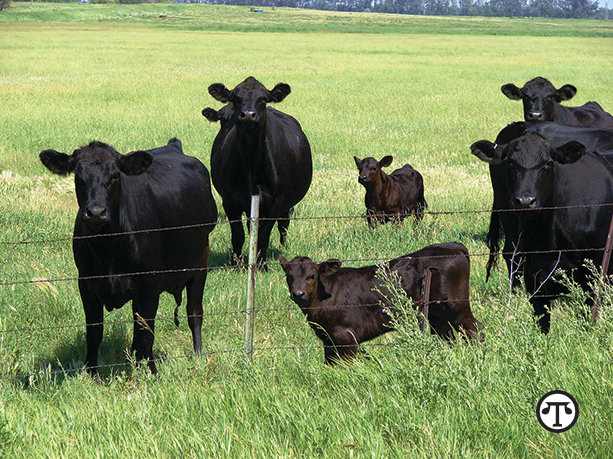Early Treatment Key To Managing Seasonal Diseases In Cattle

(NAPSI)—Two of the more common production-impacting health issues cattlemen see in their herds this time of year are foot rot and pinkeye. Left untreated, each can lead to more serious, chronic health problems.
Foot rot, pinkeye and other common cattle ailments are highly dependent on pasture, weather and other conditions. Foot rot is more problematic when cattle are kept in wet, muddy and manure-heavy lots. Caused by the Fusobacterium Necrophorum bacteria, symptoms include swelling and inflammation between the toes, resulting in lameness and reluctance to walk.
Pinkeye is a highly infectious eye condition that can affect cattle of all ages, often on tall-grass pastures and in environmental situations that can irritate the eye. Flies are a major irritant and vector for the disease, so controlling them and other sources of irritant is critical. Delayed treatment of pinkeye can result in loss of the eye, reduced performance and a less marketable animal.
Fortunately, with timely surveillance and treatment, these infections, along with other diseases, can be easily and cost-effectively managed by producers with a non-prescription injectable product such as Noromycin 300 LA, a highly concentrated, low-dose, fast-acting formulation of oxytetracycline. Effectively used by cattlemen for many years, it is widely available through most farm and veterinary supply companies.
Learn more at www.norbrook.com.

“Two common health issues for cattle are foot rot and pinkeye. Caught early, they can be treated easily with a non-prescription injectable oxytetracycline product called Noromycin 300 LA.”
